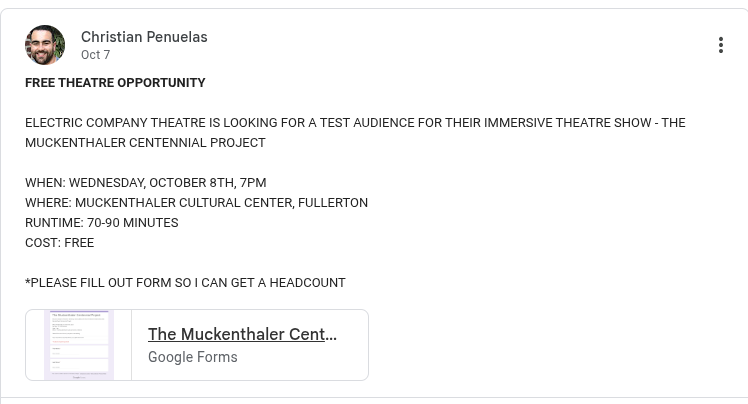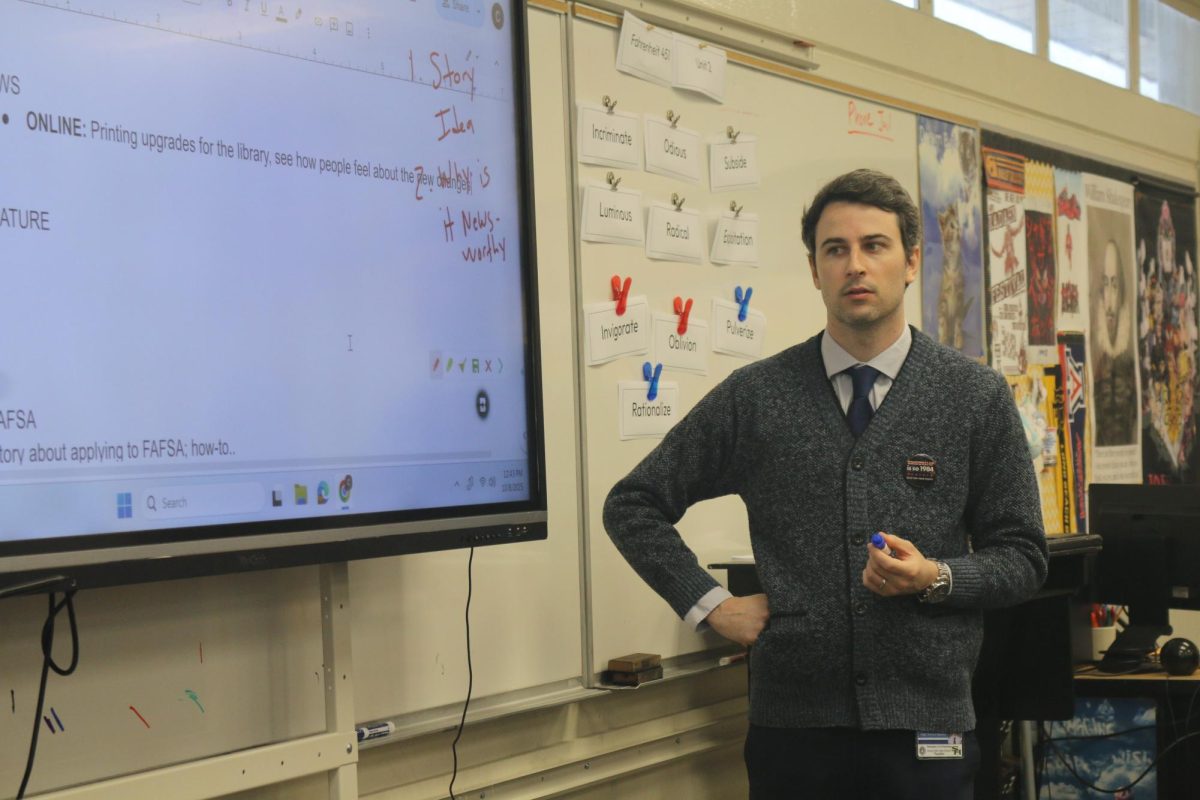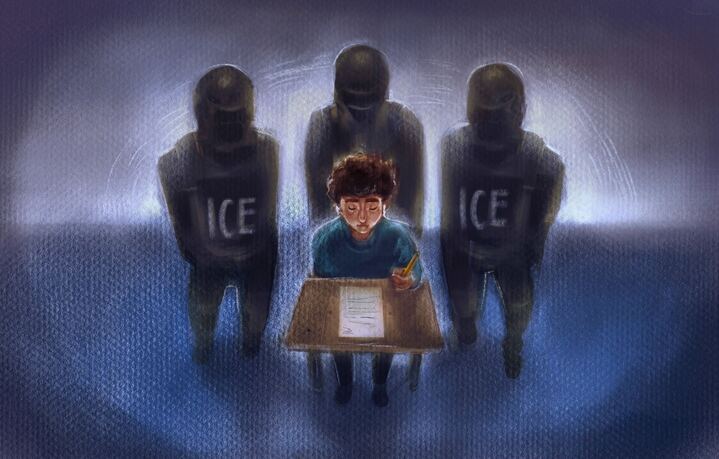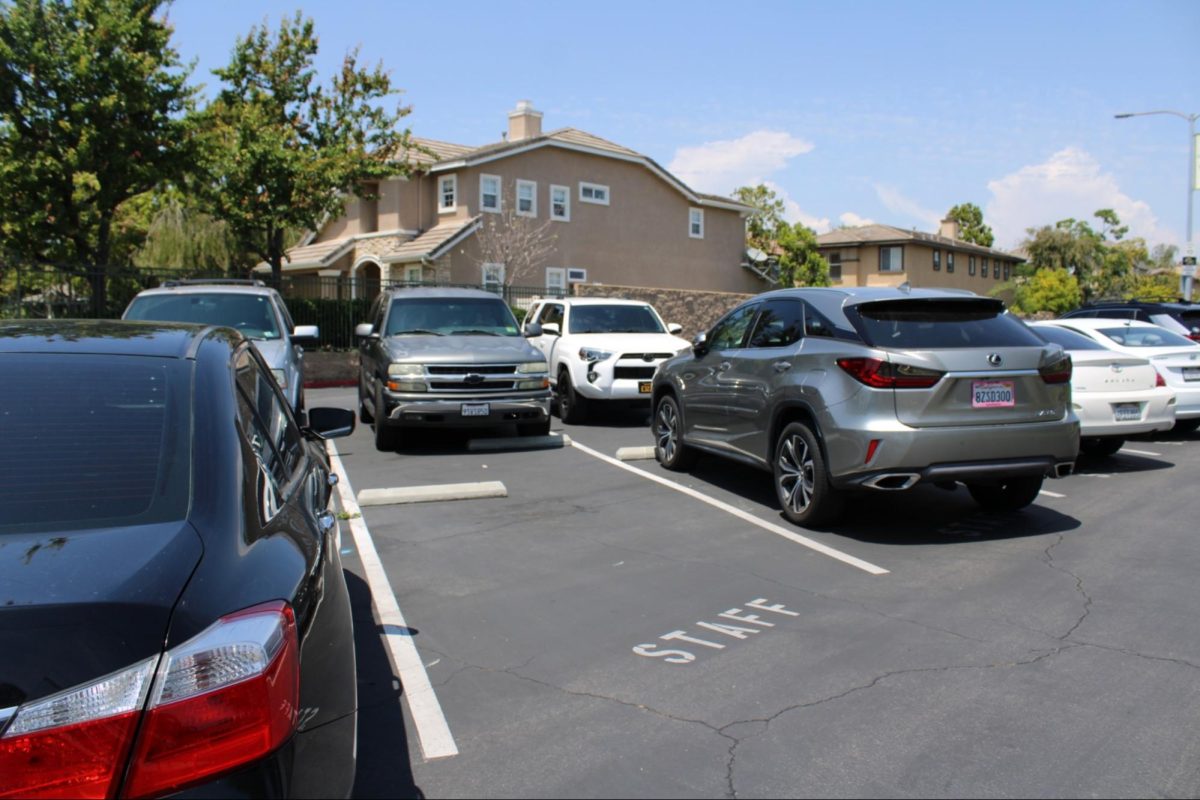“Breaking News: L.A. goes up in flames.”
“Pray for L.A.”
“Donate to the GoFundMe.”
With every swipe, posts like these fill up social media feeds.
Whether a natural disaster such as the Palisades and Eaton fires in L.A. County hits or a humanitarian crisis in Third World countries like Afghanistan or Ukraine, the tendency for those in the social media generation is to repost news articles on their Instagram Stories in hopes of gaining traction on the issue. Although posting about such issues may help spread awareness initially, it won’t achieve a lasting change in the long run. Instead, we should consider taking action to back up our words and social media advocacy.
According to an Accolade poll from Jan. 21-Feb. 4 based on 152 responses, 52% skip through repost Instagram Stories about ongoing crises, while 26% click on the post to learn more about the issue but stop there.
Reposting on social media may seem like spreading awareness when, in reality, most users simply swipe and go to the next Story, peeking at the issue being publicized but not truly paying much attention.
Moreover, once stories about a singular hot topic start circulating repetitively, it can become more likely that users will start ignoring relevant posts because of their overexposure.
According to a May 6, 2019, article posted on Psychology Today by Michael Pittaro, an Associate Professor of Criminal Justice at American Military University, society is exposed to a constant flow of negativity and violence on news networks and social media, causing the public to slowly become desensitized.
“For example, last week, I mentioned to my university students that there had been another campus shooting, which occurred in North Carolina, hoping to start a healthy, productive dialogue about such acts of violence, but the news did not seem to spark any interest, which only confirmed my thoughts that we are becoming desensitized and that is troubling,” Pittaro said.
Alongside growing indifference towards critical news, unfortunately, spreading the word about crises on social media and publicizing for charities or GoFundMe accounts can only have the potential for a substantial impact if done by those with a large following, such as celebrities. For example, when the Australian bushfires occurred in 2020, comedian Celeste Barber spread awareness about the issue to her 9.6 million followers on Instagram and showed support for the New South Wales Rural Fire Service fundraiser, collecting over $50 million, according to a Nov. 4, 2024, article posted by Audacity Magazine.
Barber’s success in using her platform to help a cause displays the power having a large following on social media can have. She not only takes action, but also propels her millions of fans to do the same; her reposting actually makes an impact. However, even though the comedian made a positive achievement in helping raise $50 million, gathering such a large sum of funds is not an easy feat for everyone.
While these influencers typically amass thousands to millions of followers, the average Instagram user only possesses between 150- 200 followers, according to an Aug. 21, 2004 post on SidesMedia. As a result, for the ordinary person, posting about global or local news on social media most likely won’t reach a large audience, proving the attempt ineffective. Therefore, while some may argue that doing something is better than nothing, it’s highly less likely for an individual to create a true impact or enlarge support for an issue compared to a celebrity with overexposure.
Alongside the rather ineffectiveness of attempting to raise awareness through reposts, individuals could also accidentally spread false information. According to a December 2016 survey by the Pew Research Center, 23% of U.S. adults have shared false news with friends and others, unknowingly or knowingly. Even though one might post with good intentions, without proper self-research, people can spread misinformation about serious issues. Therefore, it remains crucial to turn to reliable sources such as new outlets and look into current events before spreading it around.
Instead of just reposting stories, we recommend that users do more by researching ongoing issues, donating necessities to local charities like the Salvation Army or volunteering at organizations like the Los Angeles Regional Food Bank to relieve those impacted by the L.A. fires.
In a world of growing technology, it’s vital to know how to show activism not only through a screen but with actions.















